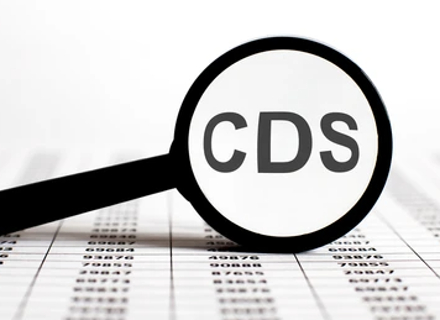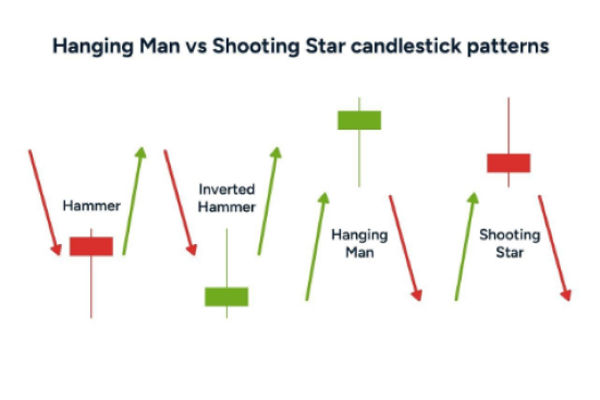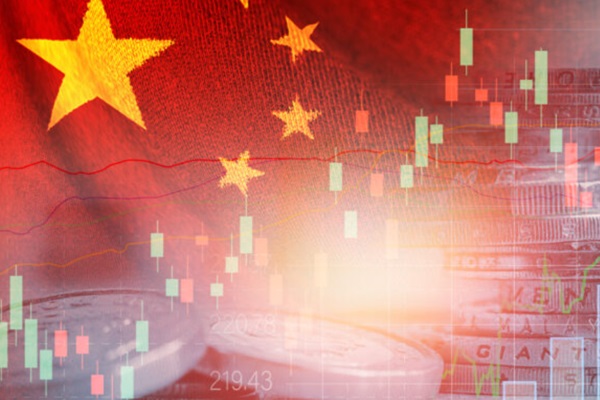Credit default swap (CDS), also known as credit default swap, is one of the
most important credit risk mitigation tools for over-the-counter trading. It is
a financial derivative product and one of the credit derivatives. It is
currently the most widely traded over-the-counter credit derivative in the
world, accounting for over 97% of the total credit derivative market.

The emergence of credit default swaps has solved the liquidity problem of
credit risk, allowing credit risk to circulate like other risks, thereby
transferring guarantor risk and also reducing the difficulty and cost of issuing
bonds for enterprises.
A credit default swap is a bilateral financial contract signed between a
credit protection buyer and a credit protection seller. It is a derivative
financial instrument for over-the-counter trading. During the trading process,
the credit protection buyer regularly pays a fixed insurance premium to the
credit protection seller before the occurrence or expiration date of the default
event, also known as the default swap fee or default swap spread. If the default
event occurs, the buyer stops paying the insurance premium. The seller
compensates for the losses suffered by the buyer due to the breach of
contract.
In addition, effective CDS contracts can be bought and sold, and the price
decreases with the improvement of the credit rating. Credit default swaps have
the characteristics of low transaction costs and strong contract flexibility.
Their absolute price is lower than traditional derivatives, and both parties can
negotiate the contract content themselves.
Commercial banks are the earliest participants and largest sellers of CDS due
to their need to avoid debt risk. However, as the CDS market matures, hedge
funds, investment banks, insurance companies, pension funds, non-financial
institutions, asset management companies, and custodians have also begun to
deeply participate in the CDS market and gradually become the main participants.
Their trading mechanisms for participating in CDS are diverse.
It may sound a bit complicated, but to put it simply, you have a debt, such
as a loan to a company or individual. Now, you are worried that the borrower may
not be able to repay on time, causing you to suffer losses. At this point, you
can purchase a credit default swap. This swap is like an insurance contract,
protecting you from the risk of debt default.
When you purchase CDS, you will pay a certain fee to the seller of the CDS,
which is called a swap fee. At the same time as purchasing CDS, the CDS seller
will bear the loss of debt default. If the borrower breaches the contract, the
CDS seller will pay you a certain amount of compensation according to the
contract agreement to compensate for your losses.
CDS is somewhat similar to insurance, but it protects against debt default
risk. Its value depends on the probability of debt default and the degree of
loss after debt default. If the probability of debt default is high, the price
of CDS will rise. If the loss of debt default is significant, the price of CDS
will also rise.
In addition to serving as a protective tool, CDS can also be used for
speculation. If you believe that the probability of a company or country
defaulting on its debt will increase, you can purchase the company or country's
CDS to gain profits in the event of a potential debt default.
There are also some controversies and risks associated with CDS. Some people
believe that the large-scale trading of CDS may lead to market instability and
even trigger financial crises. In addition, the transparency of the CDS market
is relatively low, which makes it difficult for some investors to accurately
assess risks.







